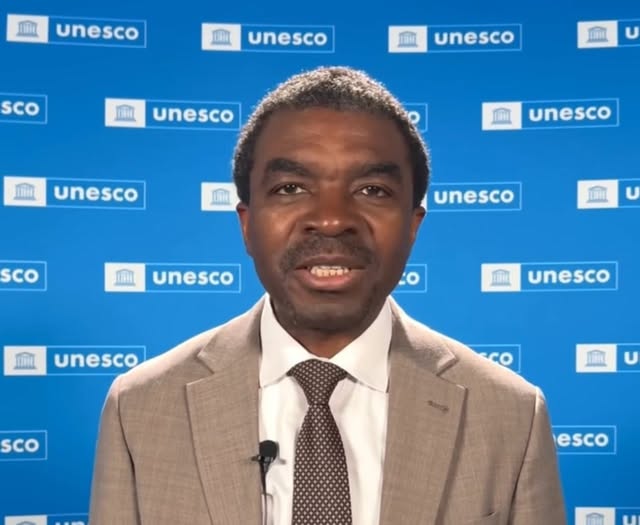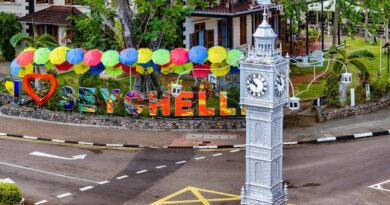UNESCO Endorses Sustainable Development at World Heritage Sites
UNESCO has reaffirmed that infrastructure development at World Heritage Sites is permissible when it adheres to stringent standards and safeguards the sites’ Outstanding Universal Value (OUV). This confirmation was made during a high-level side event organised by the Government of Zambia at the ongoing 47th Session of the World Heritage Committee in Paris.
The event, titled “Harnessing the Coexistence of Heritage Conservation and Energy Development”, drew international attention as it focused on the Batoka Gorge Hydro Electric Scheme (BGHES) — a 2,400-megawatt renewable energy project planned 47 kilometres downstream from the Mosi-oa-Tunya/Victoria Falls World Heritage Site.
UNESCO World Heritage Director Lazare Eloundou Assomo emphasised that responsible infrastructure development can coexist with conservation if States Parties engage in early dialogue, carry out comprehensive technical evaluations, and apply existing international frameworks.
“Development is not forbidden at World Heritage Sites. What matters is how it’s done,” said Mr. Assomo. “With proper planning and consultation, infrastructure can meet human needs without compromising the heritage value of a site.”
Dr. Albino Jopela, Executive Director of the African World Heritage Fund, added that conservation efforts must be inclusive and responsive to local communities who are the custodians of heritage sites.
“Heritage must reflect a balanced approach—economically, socially, environmentally, and even in terms of security,” Dr. Jopela said.
The event featured technical presentations to clarify the potential impacts and mitigation measures of the BGHES. Stakeholders assured delegates that the project has been rigorously assessed to meet international conservation standards.
Eng. Munyaradzi Munodawafa, Chief Executive Officer of the Zambezi River Authority, confirmed that the BGHES adheres to IUCN best practices and the World Heritage Impact Assessment Toolkit. The hydro project is designed to ensure zero impact on the OUV of Victoria Falls.
Mr. Kagosi Mwamulowe, Acting Executive Director of Zambia’s National Heritage Conservation Commission, reinforced that the hydro project lies outside the site’s core protection zone and includes built-in safeguards.
“The Batoka Gorge Hydro Scheme is not just a power project—it’s a renewable energy solution for Africa, where over 600 million people still live without electricity,” Mwamulowe noted.
The event also highlighted Zambia’s proactive leadership in aligning national development goals with UNESCO’s 2015 Policy on World Heritage and Sustainable Development. As a pilot case, the BGHES exemplifies how infrastructure and conservation can be harmonised to serve both people and the planet.



